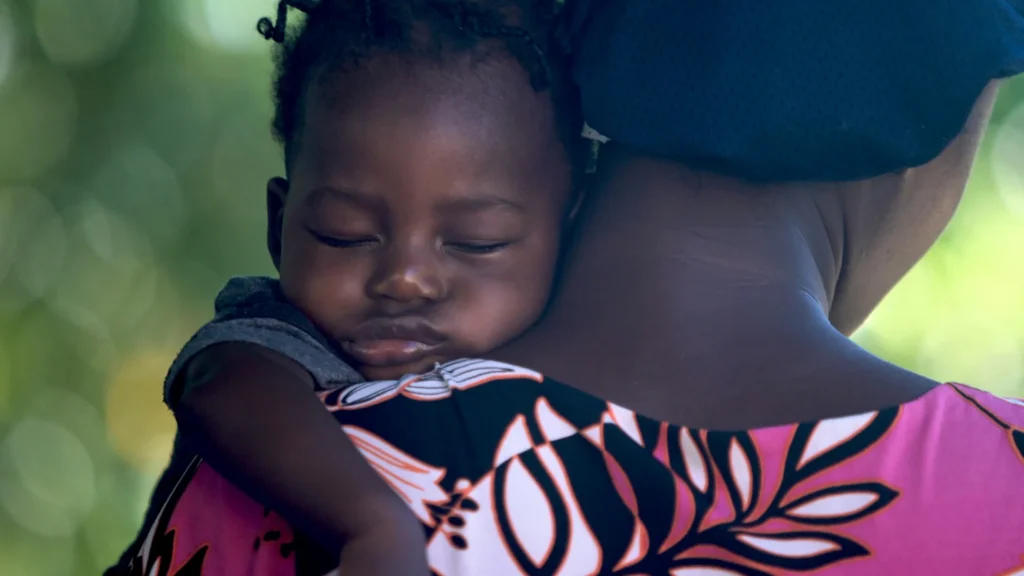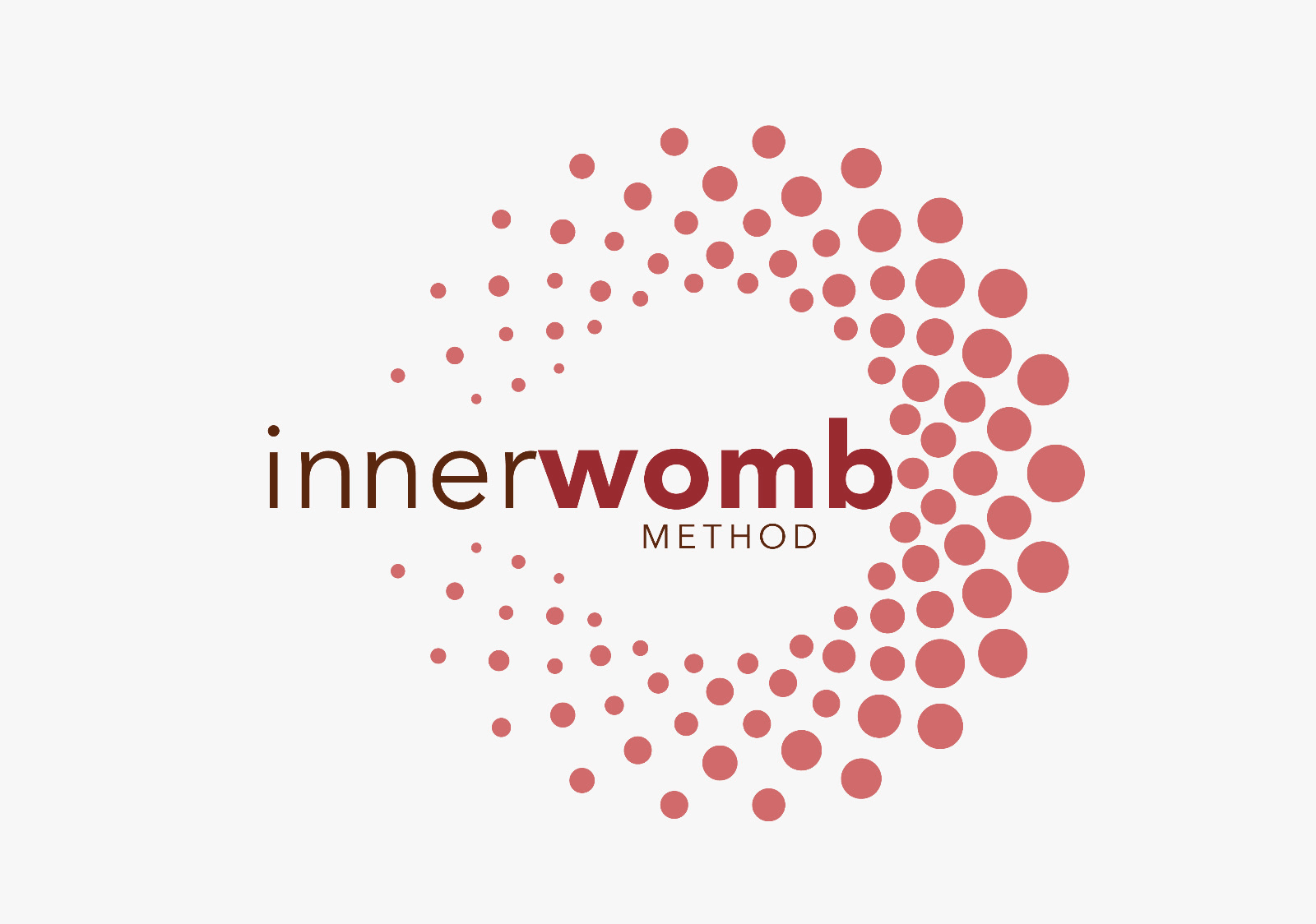Emotional Trauma in the Womb: Understanding Its Impact on Lifelong Wellbeing

Emotional trauma in the womb refers to the experiences that an unborn baby encounters during pregnancy. This trauma can arise from various factors, including maternal stress, health issues, or environmental influences. Understanding the implications of this trauma is essential, as it can lead to long-term effects on emotional, physical, and psychological development. Recognizing and addressing these issues early may help mitigate negative outcomes for both the mother and the child. This journey of understanding may involve exploring various healing modalities, and some may even find resonance with the work of a dedicated emotional womb healer.
Understanding Emotional Trauma in the Womb

Emotional trauma in the womb is a complex topic that intertwines psychological, emotional, and physiological aspects of prenatal development. The environment and experiences surrounding a developing fetus can significantly influence its future well-being.
Definition and Scope
The concept of emotional trauma encompasses a range of experiences that may affect a fetus during pregnancy. This is not only limited to physical events but also extends to emotional and psychological states experienced by the mother. Key factors include:
- Maternal Emotional State: Stress, anxiety, and depression can have profound effects on the developing fetus.
- Environmental Influences: External factors such as domestic violence or exposure to toxins can contribute to trauma.
- Maternal Health Issues: Illness or complications during pregnancy can also impact fetal development.
The exploration of this subject continues to evolve as new research sheds light on both the immediate impacts on infants and long-lasting effects into adulthood.
Key Psychological Theories
Several psychological theories help contextualize the impact of early trauma. These include:
- Attachment Theory: This theory elucidates how early relationships between caregivers and infants shape emotional development.
- Developmental Psychology: Focuses on how experiences in the womb can affect later developmental stages and mental health outcomes.
- Neuropsychological Frameworks: Investigates how prenatal stress might influence brain development and function.
These theories suggest that the emotional state of a mother is intricately linked to the emotional and psychological health of the unborn child.
Role of Spiritual Womb Cleansing
Spiritual womb cleansing is an emerging practice aimed at addressing emotional traumas that may originate in the womb. This practice encompasses various techniques designed to promote healing and emotional release. Common methods include:
- Meditation and Visualization: Using guided imagery to create a serene mental space, helping to release negative emotions.
- Sound Healing: Employing sound frequencies to foster relaxation and emotional healing.
- Energy Healing Practices: Techniques like Reiki or acupuncture that aim to clear blockages and promote emotional balance.
- Diverse Energy Healing Practices: Gentle yet profound techniques like Reiki, Therapeutic Touch, or specific forms of chakra balancing that aim to clear energetic blockages, restore the flow of life-force energy, and promote profound emotional and spiritual balance within the womb and the entire being. Exploring specific practices such as womb cleansing spiritual techniques can offer a direct pathway into this work.
Proponents believe that these spiritual practices can enhance the emotional environment during pregnancy, thereby positively affecting both maternal and fetal health.
Forms of Trauma During Pregnancy
The forms of trauma that can occur during pregnancy are multifaceted and can significantly influence both maternal and fetal health. Understanding these various forms is crucial for addressing the impacts they may have on emotional and physical development.
Prenatal Trauma Explained
Prenatal trauma refers to psychological or physical distress experienced by the mother that can directly affect the unborn child. This can stem from various sources, including:
- Maternal Emotional Distress: High levels of anxiety and depression can create a toxic intrauterine environment. Stress hormones such as cortisol can cross the placenta, impacting fetal brain development.
- Environmental Stressors: Exposure to profoundly challenging or threatening environmental toxins, pollutants, or pervasive social stressors (such as living in a war zone, experiencing extreme poverty, or facing systemic discrimination) can also play a crucial and detrimental role. These factors can directly affect foetal health by disrupting normal developmental processes or indirectly by increasing maternal stress to overwhelming levels. Any significant disruption can lead to a discernible womb chakra imbalance, affecting the energetic blueprint of the child.
- Physical Trauma: Any physical harm to the mother, including injuries or accidents, may have repercussions for fetal health. This includes potential complications that arise from such incidents.
Impact of Maternal Stress and Anxiety
Maternal stress and anxiety serve as significant contributors to prenatal trauma. Research indicates that:
- Developmental Risks: Babies born to mothers who experience chronic stress may face increased risks of developmental delays and behavioral issues later in life.
- Psychological Outcomes: Children can be predisposed to mental health issues such as anxiety disorders or depression, modeling the emotional responses exhibited by their mothers during pregnancy.
- Biological Mechanisms: Stress can alter maternal physiology, affecting vital functions such as hormone regulation, which can influence fetal development directly.
The Role of Domestic Violence
Domestic violence during pregnancy presents another critical form of trauma. It can manifest in various forms:
- Physical Violence: Direct physical harm can result in serious medical complications for the mother and fetus, potentially leading to preterm birth or low birth weight.
- Emotional Abuse: Psychological abuse can create an atmosphere of fear and instability, which can significantly affect stress levels and overall health.
- Social Isolation: Victims of domestic violence often experience isolation, hindering their access to medical care and supportive resources that are vital during pregnancy.
Maternal Health Issues and Their Effects
Various maternal health issues can profoundly influence the fetus. Key health problems include:
- Chronic Illnesses: Conditions such as diabetes or hypertension can lead to complications that affect fetal growth and wellbeing.
- Mental Health Disorders: Pre-existing mental health conditions can exacerbate through the pregnancy, affecting maternal coping capacities and emotional availability to the child.
- Substance Abuse: Maternal substance use can result in significant development issues for the child, contributing to a range of developmental and behavioral problems.
Effects of Emotional Trauma on Unborn Babies
The impact of emotional trauma on unborn babies is profound, influencing their psychological, physical, and behavioral development in ways that may last into adulthood.
Long-Term Psychological Consequences
Research indicates that emotional trauma experienced in utero can lead to significant psychological issues later in life. Children who have been subjected to such trauma may exhibit:
- Increased rates of anxiety and depression.
- Higher susceptibility to post-traumatic stress disorder (PTSD).
- Difficulty in emotional regulation and coping mechanisms.
- Challenges in developing a secure sense of self and identity.
These psychological manifestations can surface during childhood and persist throughout adolescence and adulthood, making it crucial for early identification and intervention.
Physical Developmental Challenges
Emotional trauma does not only affect psychological aspects; it can also hinder physical development. Unborn babies exposed to maternal stress and trauma may face a range of physical challenges, which could include:
- Lower birth weight and preterm birth.
- Disruptions in normal growth patterns.
- Increased risk of chronic health problems, such as obesity and metabolic disorders later in life.
These physical complications often lead to a compounding effect, where early challenges can trigger a cycle of difficulties as the child continues to develop.
Behavioral and Cognitive Impacts
Behavioral and cognitive impairments are also significant consequences of emotional trauma experienced in utero. Children may show signs of:
- Impulsivity and difficulty in maintaining attention, which could manifest as symptoms of ADHD.
- Increased aggression and behavioral issues.
- Learning disabilities and delays in achieving developmental milestones.
The foundation for cognitive skills is laid during this critical time in development. As a result, children who experience emotional trauma may face ongoing educational challenges and struggle with social interactions.
Perinatal Trauma and Its Implications
Perinatal trauma refers to traumatic experiences that occur during labor, delivery, or immediately after birth. These experiences can have profound effects on both the newborn and the mother, influencing emotional health and development.
Trauma During Labor and Delivery
Labor and delivery can be fraught with complications that lead to perinatal trauma. Factors contributing to this type of trauma include:
- Medical emergencies during delivery
- Prolonged labor which can cause physical stress
- Emergency interventions like cesarean sections
- Feeling of helplessness or lack of control
- Presence of complications that threaten the baby’s or mother's life
Such situations can create a profound feeling of fear or anxiety for both the mother and the newborn. The child's initial experience as they enter the world can impact their perception of safety and connection to caregivers.
Immediate Postnatal Influences
The period immediately following birth is crucial for establishing a bond between the infant and the mother. If trauma occurs during labor, there may be immediate consequences such as:
- Separation from the mother due to medical issues
- Intensive medical care required for the newborn
- Challenges in initiating breastfeeding and bonding
These disruptions can hinder the early developmental bond that is essential for emotional health. A lack of immediate connection may affect the infant's ability to attach securely to caregivers, leading to future relational difficulties.
Psychological Scarring and Development
The psychological repercussions of perinatal trauma can manifest long after the traumatic event. Identified impacts include:
- Developmental challenges, including delays in physical and emotional milestones
- Increased risk for mental health issues such as anxiety and PTSD later in life
- Behavioral issues that may present as aggression or withdrawal
Research highlights that the emotional environment during and shortly after birth lays the foundation for lifelong emotional health. Early trauma can influence cognitive processing, emotional regulation, and the capacity for forming healthy relationships.
Ancestral and Generational Trauma
Ancestral and generational trauma delve into the profound impact of experiences passed down through family lines. These traumas can shape emotional and psychological frameworks, often affecting the wellbeing of future generations.
The Concept of Ancestral Trauma
Ancestral trauma refers to the emotional scars that are inherited from one generation to another. It encompasses the psychological impacts of experiences faced by previous family members, including war, displacement, loss, or systemic oppression. This concept suggests that trauma can be encoded not only in individual memory but also within family structures, cultural narratives, and even genetic material.
Research indicates that a mother’s emotional state during pregnancy can play a crucial role in the development of her child. If a mother has unresolved trauma or stress, it can potentially influence the fetus, leading to inherited emotional and psychological reactions.
Research on Generational Effects
Studies have consistently shown that children of trauma survivors often exhibit significant psychological issues. For instance, children of Holocaust survivors frequently display symptoms of anxiety, depression, and post-traumatic stress, irrespective of their direct experiences. This highlights the pervasive nature of inherited trauma.
- Investigations into the children of those who experienced the Civil Rights Movement illustrate similar patterns, with many reporting feelings of fear and vulnerability.
- Research on descendants of individuals affected by the World Trade Center attacks found higher levels of emotional distress among those who had pregnant mothers during the traumatic events.
These findings underscore that trauma is not just an individual experience but one that can ripple across generations, affecting collective familial dynamics.
Influence on Child and Adulthood Wellbeing
The implications of ancestral trauma extend into adulthood, influencing relational, emotional, and mental health. Individuals carrying the weight of generational trauma may struggle with intimacy, trust, and emotional regulation.
- Adults who had parents with unresolved traumas often find themselves grappling with feelings of unworthiness or anxiety.
- There are documented instances of physical health concerns linked to emotional and psychological stress traced back to ancestral experiences, such as cardiovascular diseases and autoimmune disorders.
Furthermore, the societal context of these inherited traumas contributes to ongoing patterns of behavior and emotional responses. When recognizing these patterns, individuals can begin to unpack the complexities of their emotional lineage. Understanding the influence of ancestral trauma equips current generations with tools for healing and fosters a more profound awareness of their psychological makeup.
Addressing and Mitigating Womb Trauma
Effectively addressing and mitigating womb trauma is essential for fostering positive outcomes for both the mother and the developing fetus. Strategies that focus on early detection, therapeutic interventions, and stress management can significantly impact emotional and physical health.
Early Detection and Intervention
Identifying signs of trauma as early as possible can enable timely support. Healthcare providers must be vigilant in recognizing symptoms of maternal stress or trauma. This early intervention may involve:
- Comprehensive screenings during prenatal visits to assess mental and emotional health.
- Encouraging open discussions about mother's experiences, including any past traumas.
- Referring mothers to mental health professionals when necessary.
Therapeutic Approaches
Various therapeutic methods can be employed to address trauma experienced during pregnancy. Two notable approaches include:
Trauma-Focused Therapy
This type of therapy specifically targets the psychological effects of trauma. It involves helping individuals process and understand their traumatic experiences, thus enabling them to heal. Techniques may include:
- Cognitive-behavioral therapy (CBT), which helps in identifying negative thought patterns.
- Eye Movement Desensitization and Reprocessing (EMDR), used for addressing distressing memories.
Somatic Experiencing
Somatic experiencing focuses on the body's sensations and promotes healing through awareness of physical states. This approach helps individuals discharge pent-up stress and trauma stored in the body. It may include:
- Gentle touch and movement exercises to recognize bodily responses to trauma.
- Breath work aimed at enhancing relaxation and emotional regulation.
Stress Management for Expecting Mothers
Implementing stress management techniques is vital for the emotional well-being of mothers. Effective strategies include:
Mindfulness Techniques
Practicing mindfulness can significantly reduce stress levels. Methods may consist of:
- Mindful meditation, focusing attention on the present and fostering a sense of calm.
- Guided imagery, which allows mothers to visualize peaceful scenarios and promote relaxation.
Support Networks
Creating strong support networks can also play a critical role in mitigating stress. Engaging with:
- Family members who provide emotional support and understanding.
- Community groups or prenatal classes that encourage sharing and connection with other mothers.
The Role of Parental Bonding and Conscious Parenting
Parental bonding and conscious parenting play crucial roles during prenatal development. The emotional connection established between parents and their unborn child can significantly influence the child’s future emotional and psychological health.
Importance of Early Bonding
Early bonding is the foundation of a healthy parent-child relationship. This connection begins even before birth and is essential for the emotional well-being of the child. Recognizing the importance of this bond fosters security and lays the groundwork for trust and attachment.
Research indicates that a secure attachment formed in utero can lead to positive developmental outcomes. When parents actively engage with their unborn child, it can promote a sense of safety and stability that is critical for healthy development. Those who bond effectively are more likely to develop resilient emotional health later in life.
Strategies for Conscious Parenting
Implementing strategies for conscious parenting involves intentional actions that encourage a nurturing environment for both the unborn child and the parents. Various practices can enhance the emotional connection during pregnancy.
Emotional Connection Pre-Birth
- Practicing mindfulness techniques can help parents become more aware of their emotions during pregnancy.
- Engaging in gentle conversations, singing, or playing music for the unborn child can foster familiarity and connection.
- Physical touch, such as gentle caresses over the belly, can provide reassurance and promote bonding.
- Creating a calm and positive environment reduces maternal stress, benefiting both parent and child.
Educating Parents on Prenatal Wellness
- Education about emotional health and well-being during pregnancy instills confidence in parents.
- Workshops or classes on prenatal wellness can equip parents with valuable tools and knowledge.
- Understanding the impact of maternal mental health encourages parents to prioritize their emotional well-being.
- Support networks, including family and friends, can play a vital role in providing the necessary emotional backing.
